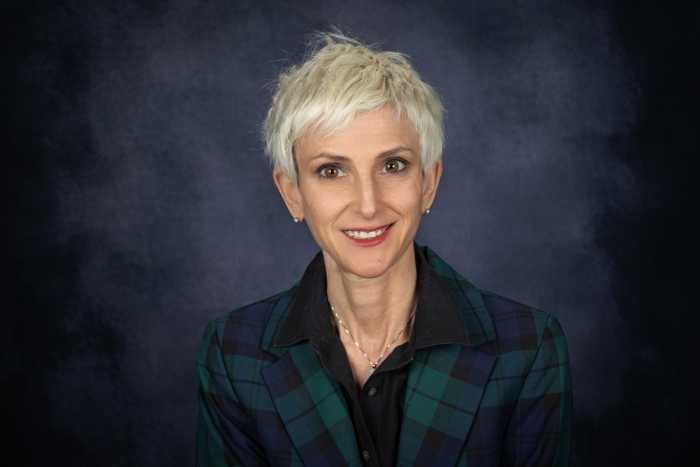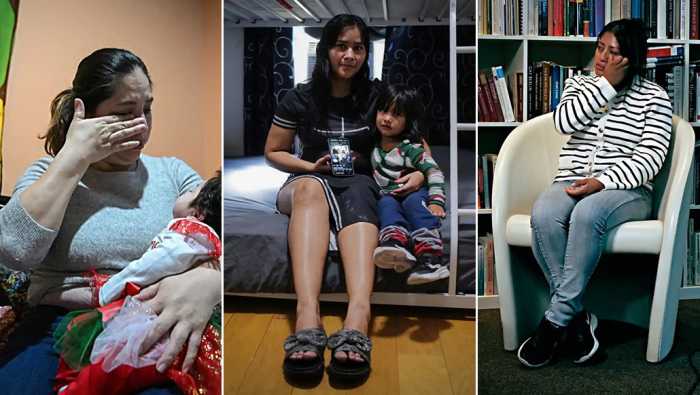Facing a breast cancer diagnosis can be overwhelming, but there are opportunities to take control of your treatment and well-being.
An integrative care approach combines traditional medical therapies with complementary treatments to enhance physical and emotional health while empowering individuals to navigate their healing journey with greater strength and support.
“In some ways integrative medicine allows patients to feel more in control, and that is at a time when so much is not in their control,” says Dr. Alison Stopeck, chief of the division of Hematology/Oncology and associate director of Clinical and Translational Research at the Stony Brook Cancer Center.
Stopek supports patients utilizing an integrative care approach, though she advises them to consult with their physicians to ensure treatments do not interfere with their current protocol.
Exercise is even a method of integrative care, and has been shown in trials to help address fatigue, depression and weight management, Stopeck says.
“150 minutes a week of anything you enjoy,” she says. “Anything that is weight bearing is important in breast cancer patients — to protect from bone loss.”
Stopeck recognizes the potential benefits of an anti-inflammatory diet — rich in whole, nutrient-rich foods such as fruits, vegetables, healthy fats, and lean proteins and free of processed foods, sugars, and unhealthy fats — to assist in decreasing pain, allergies, and arthritis.
For particularly severe symptoms, Stopeck says that “acupuncture relieves some of the symptoms associated with chemo for example, neuropathy.” Medical massage is a method of integrated care that may help to treat or prevent lymphedema, she notes.
“A trained oncology massage therapist can provide safe and effective massage for anyone at any stage in their cancer journey,” says Kimberly M. Nunziata, LMT, Intuitive Hands by Kim in Kings Park. Nunziata is also certified in Oncology Massage by Memorial Sloan Kettering.
Integrative care approaches bring patients new benefits. Benefits of Medical Massage for breast cancer patients, for example, can include pain relief, reduced stress and anxiety, increased circulation and decreased inflammation, less fatigue and nausea from chemo treatments, increased range of motion, improved sleep and well-being, and simply being able to “breathe better” — physically and emotionally, says Nunziata.
Theresa Prag, case manager and Lend A Helping Hand facilitator of the Babylon Breast Cancer Coalition, and a breast cancer survivor, found significant relief through an integrated care treatment approach. She embraced aromatherapy for side effects of nausea and essential oils to nourish her hair, skin and nails. Prag also participated in yoga, meditation and enjoyed “funny movies,” to boost her endorphins and ease stress.
Babylon Breast Cancer Coalition has been a crucial support system for Prag and the patients she serves, facilitating access to integrative care treatments such as meditation, reiki, yoga, acupuncture and massage.
Prag says, “I feel that integrative medicine will continue to be on the rise in the future. I know it helped me get through and I have seen first-hand how it has helped others.”
































